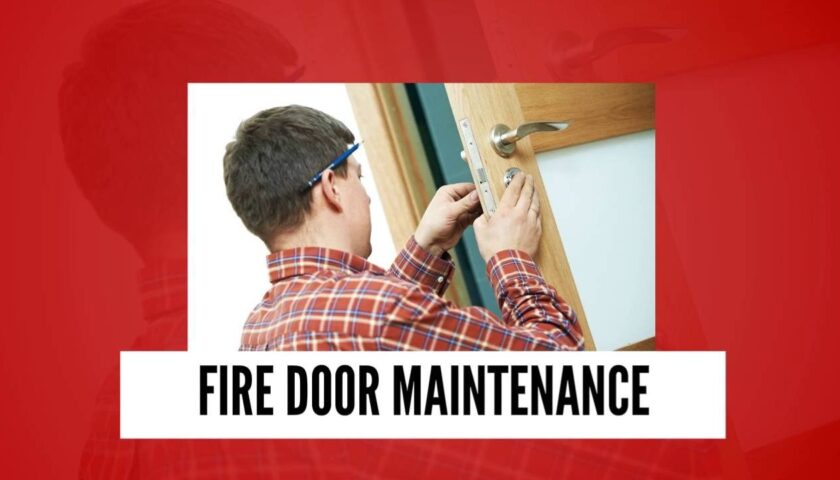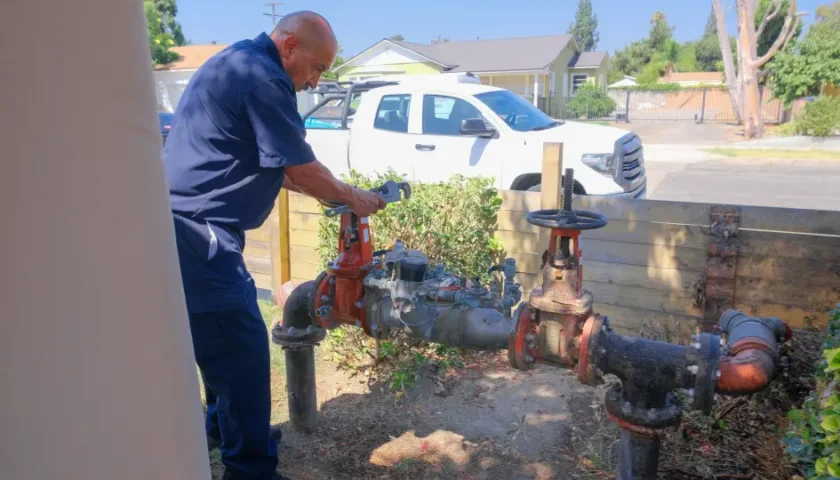Swimming pools provide children with hours of fun, physical activity, and an opportunity to learn essential water safety skills. Whether you are considering installing a swimming pool at home, frequenting a local community pool, or purchasing a portable kiddie pool, there are several factors to consider to ensure safety, hygiene, and enjoyment. This article will delve into the various aspects of kids’ swimming pools, including types, safety measures, maintenance tips, and the benefits of swimming for children.
Types of Kids’ Swimming Pools
1. Inflatable Pools
Inflatable pools are affordable, easy to set up, and perfect for small backyards. They come in various sizes, from tiny pools suitable for toddlers to larger ones that can accommodate several children. These pools are made of durable vinyl and require regular inflating and deflating.
2. Above-Ground Pools
Above-ground pools are a step up from inflatable pools, offering more durability and a greater capacity. They are usually made of metal frames and plastic liners. These pools can last several seasons if properly maintained and are relatively easy to set up compared to in-ground pools.
3. In-Ground Pools
In-ground pools are permanent fixtures that significantly enhance property value. They can be customized in terms of shape, size, and depth. While more expensive and requiring professional installation, in-ground pools provide a long-term solution for family fun and fitness.
4. Kiddie Pools
Kiddie pools are small, shallow pools designed specifically for young children. They are often made of plastic and do not require any significant setup. These pools are excellent for toddlers and young children who are not yet ready for deeper waters.
Safety Measures
Ensuring the safety of children around swimming pools is paramount. Drowning is a leading cause of accidental death in children, making it crucial to implement stringent safety measures.
1. Supervision
Constant adult supervision is the most critical safety measure. Children should never be left unattended in or near a pool, even for a few seconds. Designate a responsible adult as the “water watcher” to keep a vigilant eye on swimming children.
2. Pool Barriers
Installing barriers such as fences, gates, and pool covers can prevent unsupervised access. Fences should be at least four feet high with self-closing, self-latching gates. Pool covers should be sturdy enough to prevent children from slipping underneath.
3. Swimming Lessons
Enroll children in swimming lessons as early as possible. Learning how to swim can significantly reduce the risk of drowning. Many organizations offer swimming classes specifically designed for young children.
4. Safety Equipment
Equip your pool area with life-saving equipment such as life rings, reaching poles, and first aid kits. Ensure that everyone in the household knows how to use this equipment in an emergency.
5. Pool Rules
Establish and enforce pool rules, such as no running near the pool, no diving in shallow areas, and no swimming alone. Educate children about the importance of following these rules to prevent accidents.
Maintenance Tips
Maintaining a clean and safe swimming pool is essential for the health and enjoyment of all users. Regular maintenance helps prevent the growth of harmful bacteria and keeps the water clear and inviting.
1. Regular Cleaning
Clean the pool regularly to remove debris, leaves, and insects. Use a skimmer net for surface debris and a pool vacuum for the bottom. Brush the walls and floor of the pool to prevent algae buildup.
2. Water Quality
Test the water quality frequently to ensure proper chemical balance. pH levels should be between 7.2 and 7.8. Use chlorine or other sanitizers to keep the water free from harmful microorganisms. Regularly check and adjust the chemical levels as needed.
3. Filter Maintenance
Ensure the pool’s filtration system is functioning correctly. Clean or replace filters according to the manufacturer’s instructions. A well-maintained filter helps keep the water clean and clear.
4. Covering the Pool
Cover the pool when not in use to prevent debris from entering and to reduce evaporation. This also helps maintain water temperature and reduces the amount of chemicals needed.
5. Regular Inspections
Conduct regular inspections of the pool’s structure and equipment. Look for cracks, leaks, or any signs of wear and tear. Promptly address any issues to prevent more significant problems in the future.
Benefits of Swimming for Children
Swimming offers numerous benefits for children, both physically and mentally. It is an excellent way for kids to stay active, develop essential skills, and have fun.
1. Physical Fitness
Swimming is a full-body workout that enhances cardiovascular health, builds muscle strength, and improves flexibility. It helps children develop coordination and balance and promotes a healthy lifestyle.
2. Water Safety Skills
Learning to swim equips children with crucial water safety skills. They learn how to float, tread water, and navigate different water conditions, which can be lifesaving.
3. Cognitive Development
Swimming has been shown to enhance cognitive development in children. The coordination and motor skills required for swimming can positively impact brain function and learning abilities.
4. Emotional Well-being
Swimming can boost children’s self-confidence and reduce stress. The sense of accomplishment from learning new skills and the joy of playing in the water contribute to overall emotional well-being.
5. Social Interaction
Swimming pools provide an excellent venue for social interaction. Children can make new friends, learn to share and take turns, and develop social skills in a fun and relaxed environment.
Conclusion
Kids’ swimming pools are more than just a source of fun; they are a valuable tool for promoting physical fitness, safety, and social interaction. Whether you opt for an inflatable pool, an above-ground pool, or a permanent in-ground pool, prioritizing safety and maintenance is crucial. By implementing proper safety measures, maintaining water quality, and encouraging swimming skills, you can ensure that your children enjoy all the benefits of swimming while staying safe. A well-managed swimming pool can provide endless enjoyment and a foundation for a healthy, active lifestyle.



